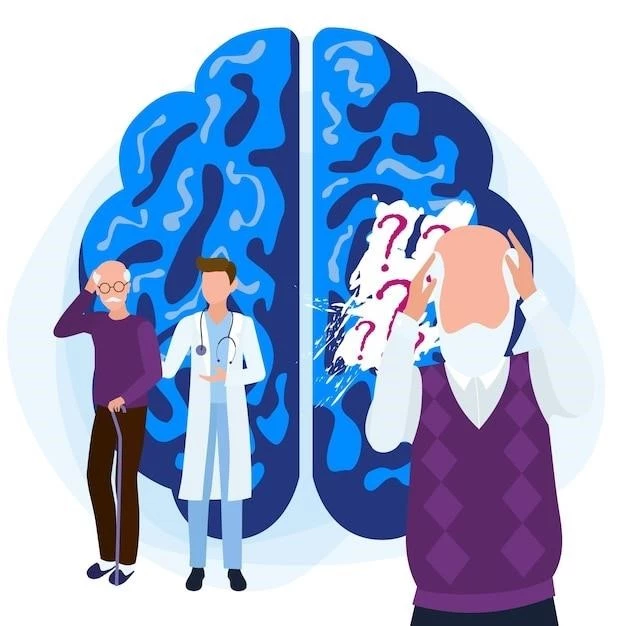Understanding Early-Onset Alzheimer’s Disease
Learn about the causes, symptoms, diagnosis, treatment options, and coping strategies.
Causes of Early-Onset Alzheimer’s Disease
Causes of early-onset Alzheimer’s disease are not fully understood, but genetic mutations can play a role. Other factors may include family history, brain changes, and environmental influences.
Symptoms of Early-Onset Alzheimer’s Disease
Early-onset Alzheimer’s symptoms can include memory loss, confusion, challenges in planning or solving problems, difficulty completing familiar tasks, and changes in mood or personality.
Diagnosis of Early-Onset Alzheimer’s Disease
Diagnosing early-onset Alzheimer’s involves a detailed medical history, cognitive tests, neurological exams, brain imaging, and blood tests to rule out other conditions. A definitive diagnosis often requires comprehensive evaluation by specialists.
Treatment options for Early-Onset Alzheimer’s Disease
Treatment for early-onset Alzheimer’s focuses on managing symptoms, improving quality of life, and providing support to patients and caregivers. Medications, cognitive training, lifestyle modifications, and therapy can be beneficial.
Coping with Early-Onset Alzheimer’s Disease diagnosis
Receiving an early-onset Alzheimer’s diagnosis can be overwhelming. It’s crucial to seek emotional support, plan for the future, engage in activities that stimulate the mind, maintain a healthy lifestyle, and stay connected with loved ones for coping.

Advancements and Prevention
Discover the latest research and factors to help prevent early-onset Alzheimer’s disease.
Research advancements in Early-Onset Alzheimer’s Disease
Ongoing research explores potential genetic, environmental, and lifestyle factors contributing to early-onset Alzheimer’s. Breakthroughs in biomarkers, imaging techniques, and drug development offer hope for improved understanding and treatment.
Risk factors for Early-Onset Alzheimer’s Disease
Risk factors for early-onset Alzheimer’s include genetic mutations, family history, head injuries, and certain health conditions. Lifestyle factors like smoking, obesity, and lack of physical activity can also increase the risk.
Lifestyle changes to prevent Early-Onset Alzheimer’s Disease
Adopting a healthy lifestyle can help reduce the risk of early-onset Alzheimer’s. This includes regular physical exercise, maintaining a balanced diet rich in fruits and vegetables, engaging in mental activities, managing stress, getting quality sleep, and avoiding harmful substances like excessive alcohol and tobacco.
